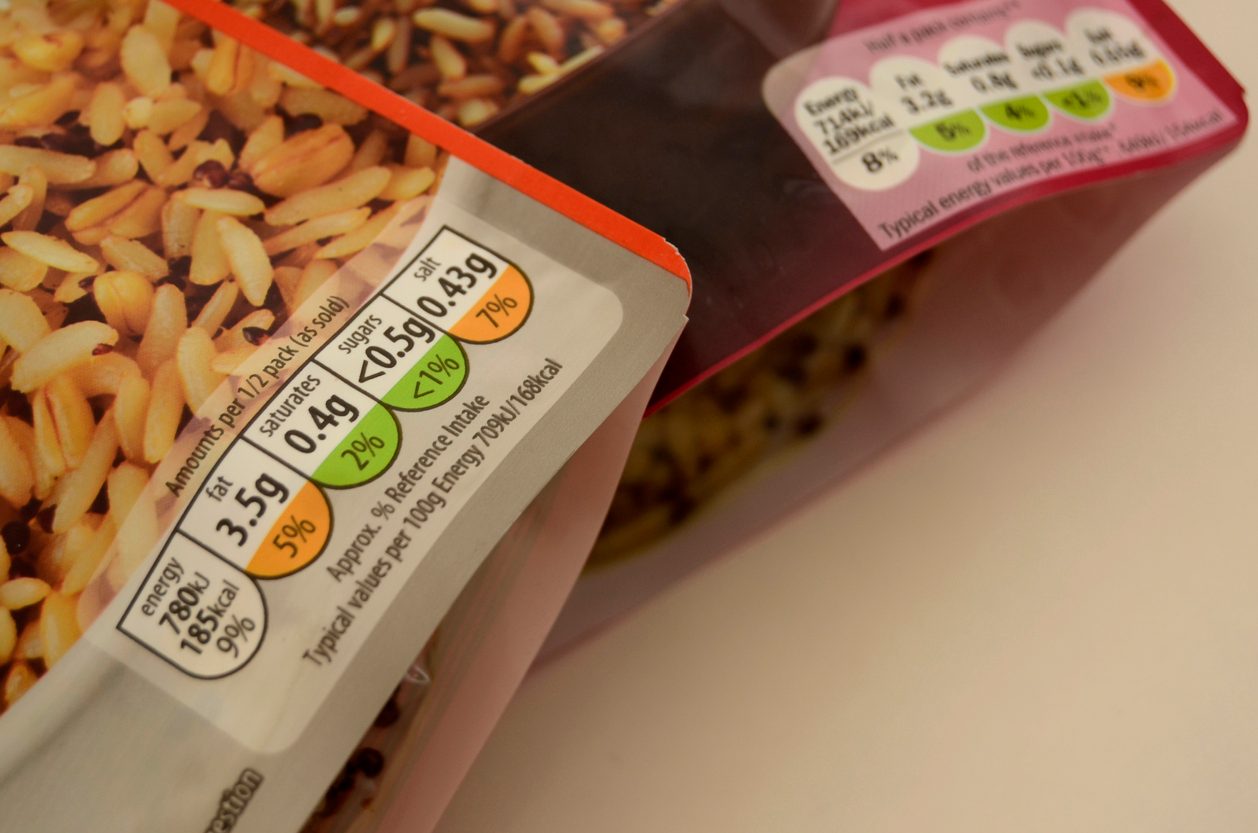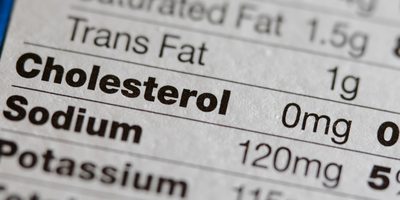
Statement on WHO Global Sodium Benchmarks
The George Institute for Global Health welcomes the launch of the ‘World Health Organization (WHO) Global Sodium Benchmarks for Different Food Categories’ as a pathway to turbo charge national salt reduction programs.
The benchmarks are a guide for countries and industry to reduce the sodium content in specific categories of processed foods that are a main source of sodium in many countries, including Australia. Countries can adapt these targets to their local food environments, requiring industry to progressively lower the sodium content of processed foods.
Professor Jacqui Webster, Head, Public Health Advocacy and Policy Impact, Food Policy at The George Institute and Director of the WHO Collaborating Centre on Population Salt Reduction said this is a key turning point for global sodium reduction efforts, “Our research shows 94 countries now have a national salt reduction strategy but only a handful are so far demonstrating an impact. This new WHO led global initiative has the potential to build momentum for salt reduction strategies by setting more ambitious targets that can have meaningful health outcomes. We are now looking forward to working with WHO to support member states to adopt or adapt the global benchmarks and to develop mechanisms to hold the food industry to account reducing sodium levels in food products.”
Emalie Rosewarne, Dietitian at The George Institute, said that countries can now easily adapt the global sodium benchmarks to their local food supply – saving governments time, effort and money, “The WHO benchmarks are ambitious but feasible and are a great way for countries to start reducing sodium in the food supply. High sodium intakes contribute to high blood pressure – the leading cause of death and disease. It is crucial targets are set, and governments reach them, to improve population health.”





